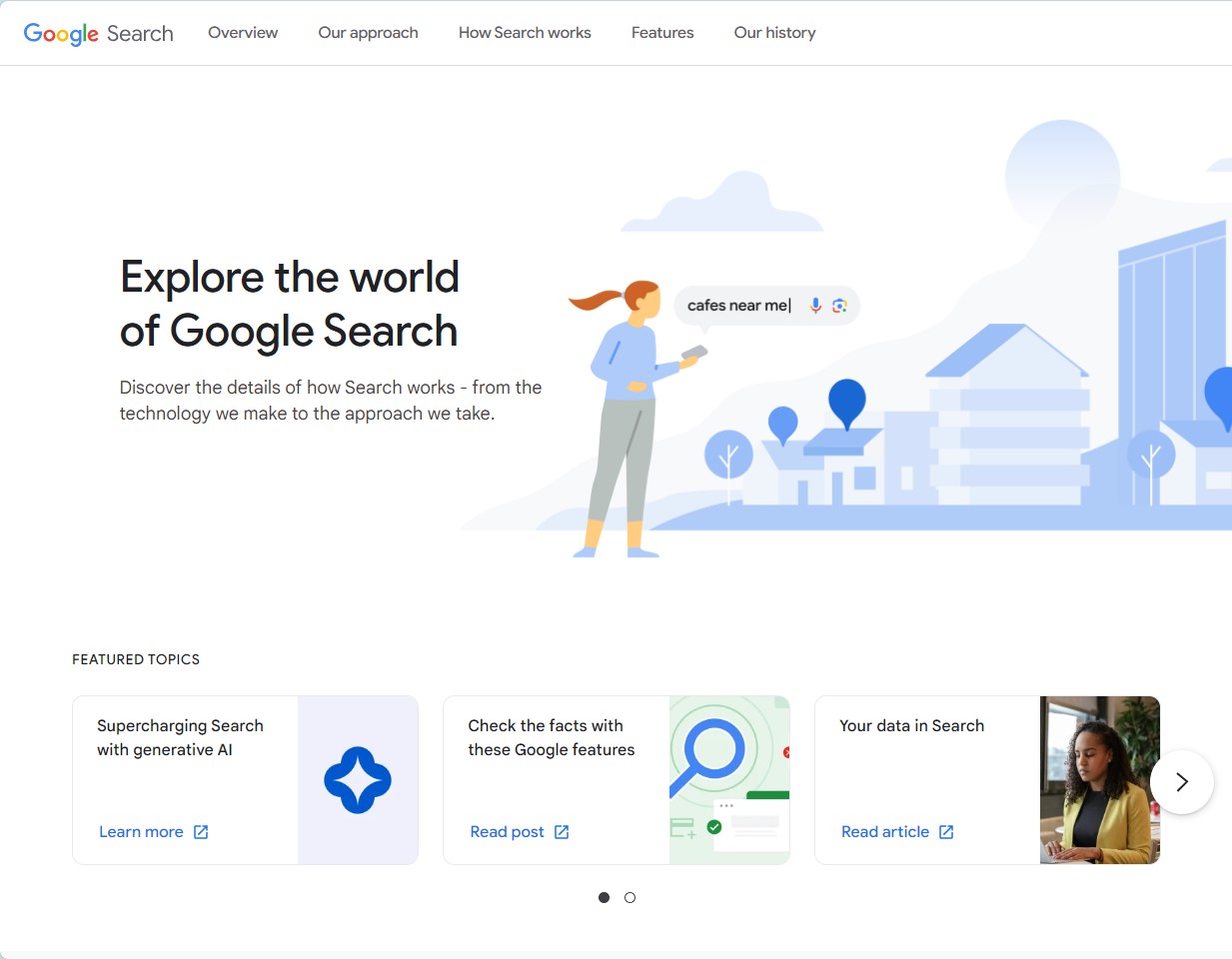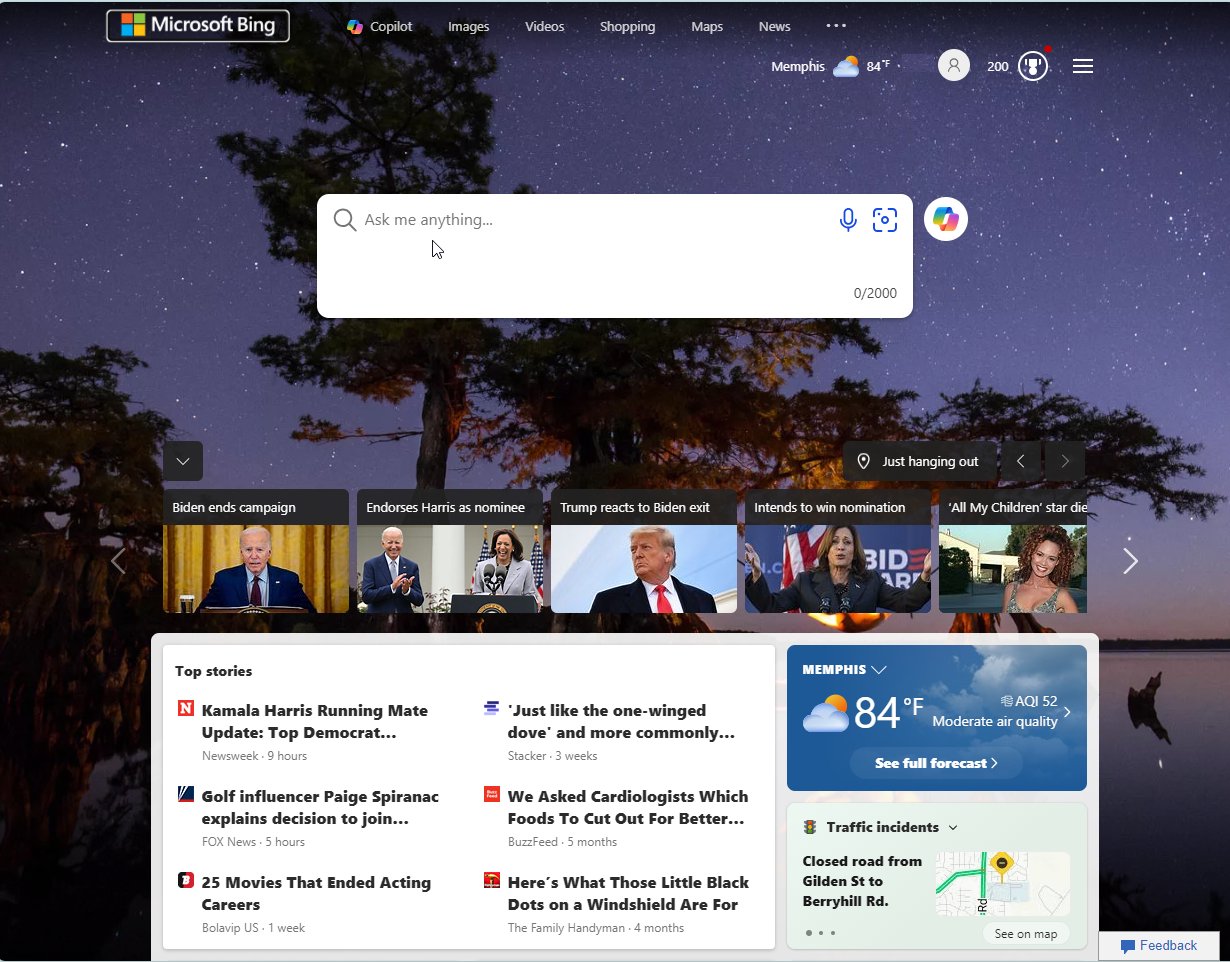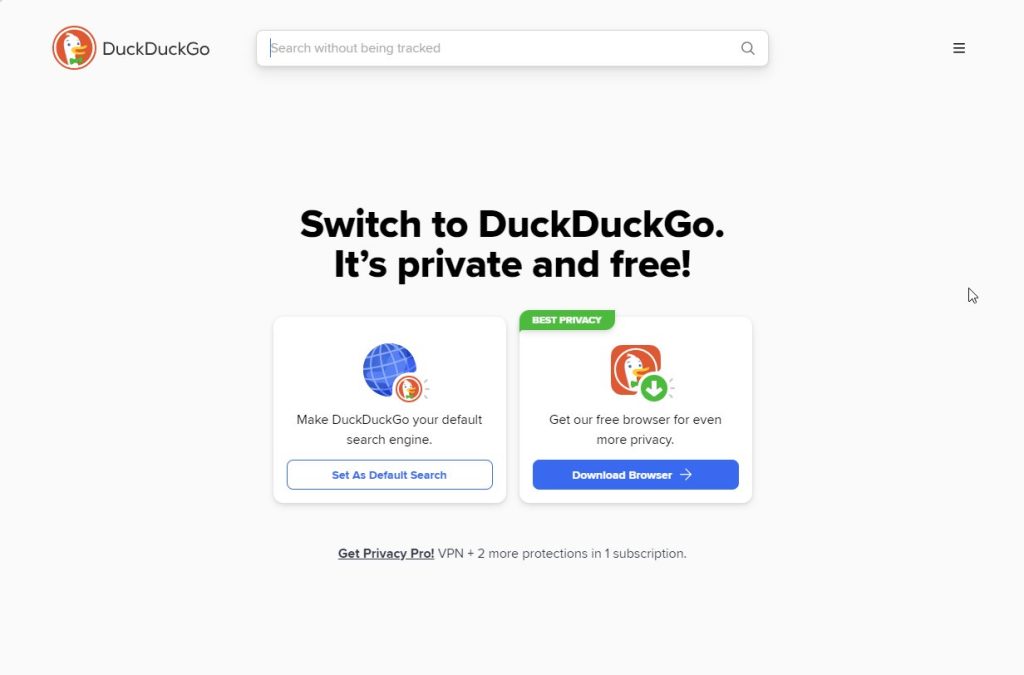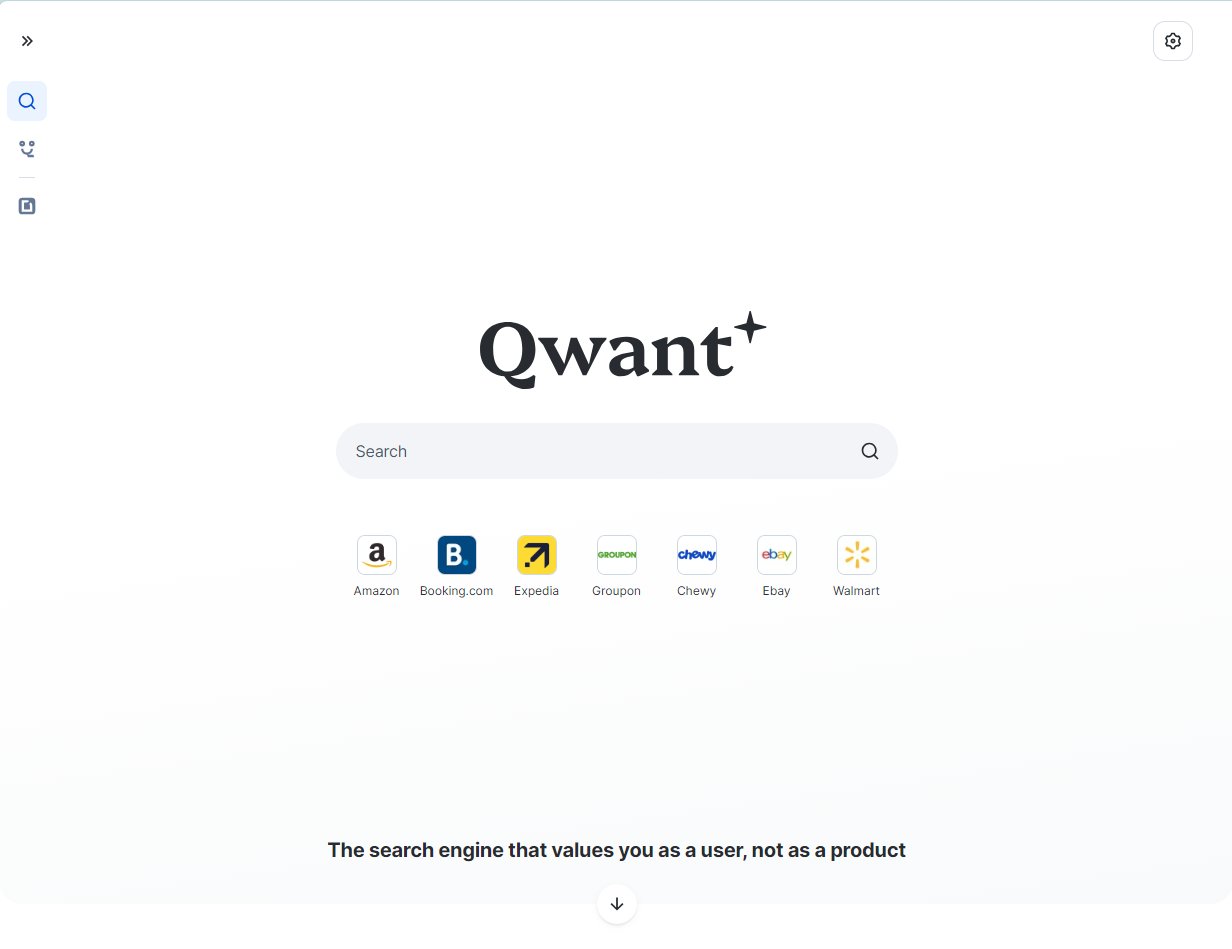Search Engine Market Share
Search Engine Market Share refers to the proportion of users who utilize a particular search engine out of the total number of search engine users. It provides insight into the relative popularity and usage of different search engines.
Key Aspects of Search Engine Market Share
Definition. Market share is typically expressed as a percentage and represents the share of searches conducted on one search engine compared to the total searches on all search engines.
Market share is measured based on various metrics, including the number of searches performed, user visits, or ad impressions. Data is usually gathered from web analytics firms, surveys, or search engine usage statistics.
Major Players
- Google: Dominates with the largest market share globally.
- Bing: Holds a smaller, but significant share, particularly in the U.S.
- Yahoo: Traditionally a major player, now partnered with Bing for search.
- DuckDuckGo: Gaining traction, particularly among privacy-conscious users.
- Baidu: Leading in China, with minimal influence outside the Chinese-speaking world.
- Yandex: Dominates in Russia and some neighboring countries.
- Ecosia: Gaining popularity with environmentally conscious users due to its tree-planting initiatives.
- Qwant: Attracts privacy-minded users with its focus on data protection and neutrality.
Impact of Market Share
Higher market share can translate into more advertising revenue due to greater user traffic. A higher market share often indicates a larger user base, which can attract more advertisers and partners. Companies and websites may tailor their SEO strategies based on the dominant search engines to maximize visibility.
Market share can fluctuate based on changes in user preferences, technological advancements, and the emergence of new search engines. For instance, privacy-focused search engines like DuckDuckGo have seen increased market share due to growing concerns about data privacy. Understanding search engine market share helps businesses and marketers tailor their strategies to target the most popular platforms, while also offering insights into consumer behavior and trends in the digital space.
Search Engine Market Share Overview
1. Google
 Launched in 1998, Google quickly gained traction for its speed and relevance, surpassing earlier giants like Yahoo and AltaVista. By the mid-2000s, it had firmly established itself as the dominant search engine. Google’s market share has consistently remained above 80% globally since the late 2000s. Its dominance is attributed to its effective algorithm updates, integration with other Google services, and continual innovation in search technology.
Launched in 1998, Google quickly gained traction for its speed and relevance, surpassing earlier giants like Yahoo and AltaVista. By the mid-2000s, it had firmly established itself as the dominant search engine. Google’s market share has consistently remained above 80% globally since the late 2000s. Its dominance is attributed to its effective algorithm updates, integration with other Google services, and continual innovation in search technology.
Current progress. Google continues to dominate with over 90% of the global market share. Its strength lies in its advanced algorithms, vast index, integration with other Google services (like Maps, YouTube, and Gmail), and continuous innovation in AI and machine learning. Google’s niche is its comprehensive, highly relevant search results and user experience. It leverages data from its other services to enhance search personalization and results accuracy. It also invests heavily in AI and machine learning to maintain its edge in search technology.
2. Yahoo
 Yahoo, founded in 1994, was a prominent search engine and web directory in the late 1990s and early 2000s. Its market share peaked in the early 2000s. Yahoo’s search market share began to wane as Google gained popularity.
Yahoo, founded in 1994, was a prominent search engine and web directory in the late 1990s and early 2000s. Its market share peaked in the early 2000s. Yahoo’s search market share began to wane as Google gained popularity.
Current state. By the late 2000s and early 2010s, Yahoo had ceded significant ground to Google. It transitioned to a search partnership with Microsoft in 2009, utilizing Bing’s technology.
3. Bing
 Microsoft launched Bing in 2009 as a rebranding of its previous search engines (MSN Search, Windows Live Search). Initially, it struggled to gain market share but gradually increased its presence, especially after Yahoo’s transition to using Bing’s technology. Bing’s market share has hovered around 6-10% in recent years. Its growth is largely attributed to its integration with Windows and other Microsoft products.
Microsoft launched Bing in 2009 as a rebranding of its previous search engines (MSN Search, Windows Live Search). Initially, it struggled to gain market share but gradually increased its presence, especially after Yahoo’s transition to using Bing’s technology. Bing’s market share has hovered around 6-10% in recent years. Its growth is largely attributed to its integration with Windows and other Microsoft products.
Current progress. The search engine, is integrated into Windows and Microsoft Office products, providing it with a stable user base. It also powers Yahoo’s search results due to their partnership. Bing focuses on visual search features, such as image and video search, and offers unique features like Bing Rewards. It aims to differentiate itself through integration with Microsoft’s ecosystem and enhanced multimedia search capabilities.
4. DuckDuckGo
 Founded in 2008, DuckDuckGo distinguished itself with a focus on user privacy and not tracking search history. It started gaining attention in the mid-2010s. DuckDuckGo’s market share has been steadily increasing, reaching around 2-3% in recent years. Its appeal lies in privacy-conscious users looking for alternatives to Google.
Founded in 2008, DuckDuckGo distinguished itself with a focus on user privacy and not tracking search history. It started gaining attention in the mid-2010s. DuckDuckGo’s market share has been steadily increasing, reaching around 2-3% in recent years. Its appeal lies in privacy-conscious users looking for alternatives to Google.
Current progress. DuckDuckGo is known for its commitment to user privacy. It does not track users or personalize search results based on browsing history. DuckDuckGo appeals to privacy-conscious users who are wary of data tracking and profiling. Its market strategy involves offering an unbiased, private search experience and emphasizing user control over personal data.
5. Baidu – Chinese Market Dominance
 Launched in 2000, Baidu is the leading search engine in China, holding a dominant market share in the Chinese-speaking world. It is less influential outside China. Baidu has maintained a strong position in China, though its global influence remains limited compared to Google.
Launched in 2000, Baidu is the leading search engine in China, holding a dominant market share in the Chinese-speaking world. It is less influential outside China. Baidu has maintained a strong position in China, though its global influence remains limited compared to Google.
Current progress. Baidu remains the leading search engine in China, where it holds a dominant market share. It caters specifically to the Chinese-speaking audience and complies with local regulations and censorship laws. Baidu focuses on local content and services tailored to Chinese users, including integration with Chinese language processing and AI technologies. It also invests in areas like autonomous driving and AI research.
Other Search Engines – Smaller Players
6. Yandex
 Yandex is the leading search engine in Russia and several other CIS countries. It has a significant presence in these regions and provides services tailored to local needs. Yandex offers a variety of services beyond search, including email, maps, and a digital assistant. It focuses on integrating its search technology with its broader suite of services to cater to local user preferences.
Yandex is the leading search engine in Russia and several other CIS countries. It has a significant presence in these regions and provides services tailored to local needs. Yandex offers a variety of services beyond search, including email, maps, and a digital assistant. It focuses on integrating its search technology with its broader suite of services to cater to local user preferences.
7. Ecosia
 Ecosia is known for its commitment to environmental sustainability. It uses ad revenue to fund tree-planting projects around the world. Ecosia appeals to environmentally conscious users who want their search activity to contribute to environmental causes. Its unique selling point is its commitment to using profits for reforestation.
Ecosia is known for its commitment to environmental sustainability. It uses ad revenue to fund tree-planting projects around the world. Ecosia appeals to environmentally conscious users who want their search activity to contribute to environmental causes. Its unique selling point is its commitment to using profits for reforestation.
8. Qwant
 Qwant is a French search engine that emphasizes privacy and neutrality. It aims to provide a search experience free from tracking and profiling. Qwant attracts users concerned with privacy and those who prefer a European alternative to Google. It also focuses on providing unbiased search results and promoting data protection.
Qwant is a French search engine that emphasizes privacy and neutrality. It aims to provide a search experience free from tracking and profiling. Qwant attracts users concerned with privacy and those who prefer a European alternative to Google. It also focuses on providing unbiased search results and promoting data protection.
Overall, Google’s dominance has been a constant theme, with competition emerging from specialized and privacy-focused search engines.
Summary of Current Competition and Niche Strategies
- Google – Dominates through advanced technology, comprehensive services, and personalization.
- Bing – Leverages Microsoft integration and multimedia search features.
- DuckDuckGo – Attracts privacy-focused users with a no-tracking policy.
- Baidu – Focuses on the Chinese market with tailored services and compliance with local regulations.
- Yandex – Serves the Russian and CIS markets with a range of local services.
- Ecosia – Appeals to environmentally conscious users with its tree-planting initiatives.
- Qwant – Targets privacy-minded users with a focus on neutrality and data protection.
Each search engine differentiates itself through unique value propositions, targeting specific user needs and preferences to carve out its niche in the competitive landscape.
